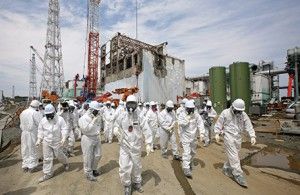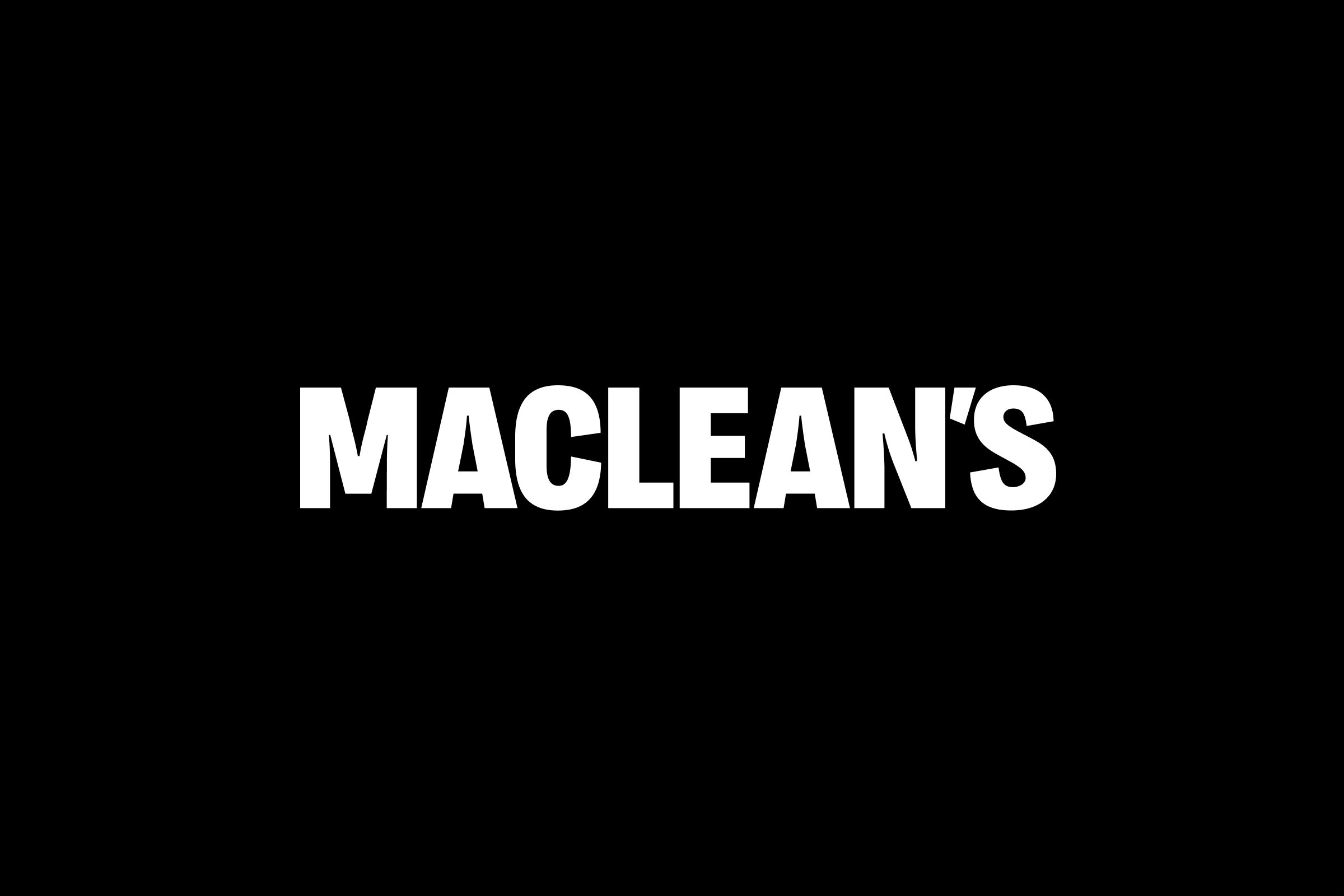shale gas
Good news, bad news
A crack down on illegal unpaid internships, wile decapitation videos are now okay on Facebook
N.B. anti-shale protest turns fiery
The big news: Aboriginal protesters refuse to give up traditional land
Lights out for nuclear power?
Japan’s Fukushima disaster and the rise of shale gas have the developed world running from nuclear power
It’s not ‘fracking!’ We call it ‘deep earth massage’
Alberta made a cameo on the justly popular Language Log linguistics website last week. U of Calgary prof Julie Sedivy signed in to discuss some survey evidence from Louisiana that public resistance to “fracking” (i.e., hydraulic fracturing, a method of extracting oil and gas more efficiently by injecting high-pressure sand, water, and sometimes other chemicals into wells) may result, in part, just from the unpleasantness of the word. The industry tends to use “frac” as an adjective; “fracking” as a verb is a media creation, though, it must be said, not really an unsuitable one. Hydraulic fracturing is intended in part to crack up petroleum-bearing rock strata, so there’s an onomatopoeic appropriateness there.
Bye-bye, oil sheiks of the Middle East
Will new technologies make North American energy self-sufficiency a reality?
Betting big on shale gas
The lucrative industry is booming in New Brunswick
Leaks found in shale-gas wells in Quebec
Inspectors notify industry and public of nearly a dozen wells leeching gas
Not wanted in Quebec
“Arcand and Charest have taken the necessary steps to commence a process of exploration in shale gas”
A cure for the energy crisis
Shale gas could one day replace coal in power plants and gasoline and diesel for cars and trucks




